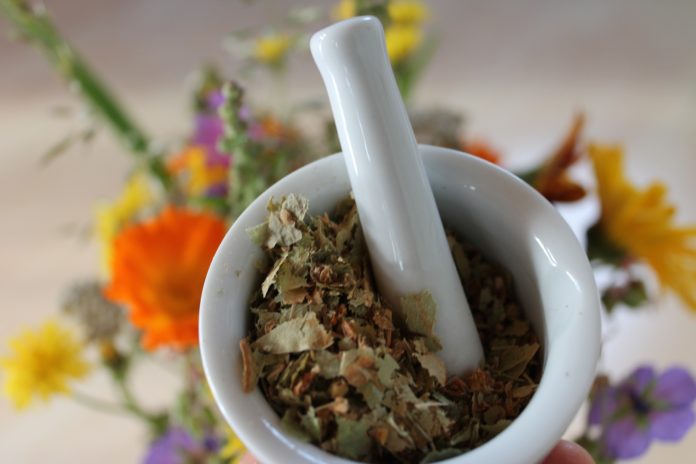Extracts of the herb Withania coagulans, or Paneer dodi found to lower blood sugar levels in animal studies
Extracts of the herb Withania coagulans, or Paneer dodi, have been used in traditional Indian medicine for ages. Although some healers claim that W. coagulans can help treat diabetes, the bitter-tasting plant hasn’t been studied extensively by scientists.
Now, researchers have found that herbal extracts packaged in polymers derived from natural substances can reduce blood glucose levels in diabetic mice. Findings were published in the journal of ACS Omega.
Alternative medicines are popular for the treatment of chronic illness, primarily because of people’s perception that plant-based medicines are less toxic and have fewer side effects. However, this is not always the case, and even so-called “natural” therapies must be carefully tested for efficacy, dose-related toxicity and interactions with other drugs. In addition, scientists must find ways to effectively deliver the medicines into the body in controlled ways.
Surprisingly, even 5 days after the treatment ended, the mice showed a 60% reduction in blood glucose compared to their starting levels. This effect could arise from the ability of the delivery system to prolong the release of extract
Plant extracts, like W. coagulans, are bitter and unpalatable at the doses needed to have beneficial effects. Also, when taken orally, the medicinal components in plant extracts are often destroyed by the acidic conditions of the stomach. That’s why researchers wanted to find a way to encapsulate W. coagulans extract in a delivery system based on natural components that could safely transport the extract to the small intestine, where the cargo would be released and absorbed.
From the berries of W. coagulans, the team extracted plant steroid compounds that increased insulin secretion by mouse pancreatic cells in a dish. The steroids were encapsulated in chitosan nanoparticles made from shellfish exoskeletons and the particles were coated with starch, which delayed the release of the herbal extract under acidic conditions. Finally, diabetic mice that were fed the nanoparticles for 5 days showed about 40% lower blood glucose levels compared to their starting amounts. Surprisingly, even 5 days after the treatment ended, the mice showed a 60% reduction in blood glucose compared to their starting levels. This effect could arise from the ability of the delivery system to prolong the release of extract over an extended period of time, the researchers said.


